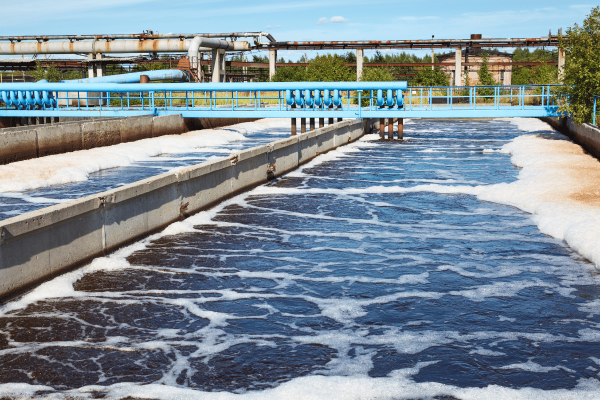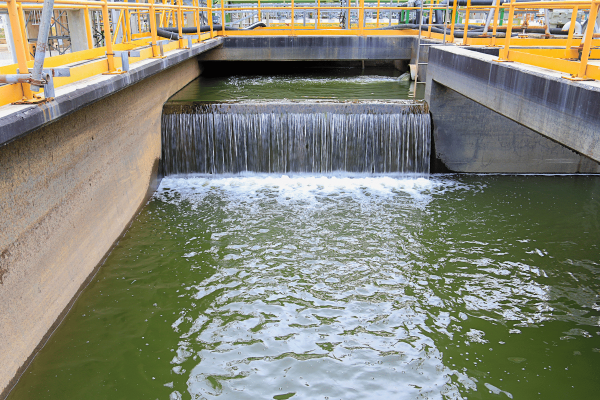Blog
How to Handle Wastewater Treatment and Disposal?

Sewage and wastewater disposal may not be the most glamorous topic, but it's crucial for maintaining a healthy environment. This guide will walk you through handling sewage and wastewater, ensuring you contribute to a cleaner and safer world.
Understanding Wastewater
Wastewater, often called sewage, includes water from various sources such as households, industries, and commercial establishments. It contains contaminants that can harm the environment if not treated properly.
- Source Segregation: When dealing with wastewater, it's essential to segregate different sources. Household sewage, industrial effluents, and storm water runoff all have distinct characteristics, and treating them enhances the efficiency of the overall disposal process.
- Wastewater Collection: Efficient collection systems are the backbone of any wastewater management plan. Well-designed sewer networks ensure smooth sewage transport from its source to treatment facilities.
Wastewater Treatment
Treating wastewater involves removing pollutants and contaminants to make the water safe for release into the environment again. There are various treatment methods, each serving a specific purpose.
- Primary Treatment: This initial stage involves the physical removal of larger solids from wastewater. Screens and sedimentation tanks are crucial in separating these solids, allowing cleaner water to proceed to the next treatment phase.
- Secondary Treatment: In this phase, biological processes are employed to break down organic matter. Microorganisms are introduced to consume the remaining pollutants, producing a cleaner effluent. Activated sludge systems and trickling filters are standard methods for secondary treatment.
- Tertiary Treatment: Tertiary treatment is applied for a higher level of purification. Advanced processes such as filtration and disinfection ensure the water meets stringent quality standards before discharge or reusing.
Wastewater Disposal
Once treated, the question arises: how should we dispose of the now-cleaned wastewater? Responsible disposal methods are critical to prevent environmental and human health harm.
- Safe Disposal Methods: Governments and environmental agencies regulate the disposal of treated wastewater. It can be safely released into water bodies, used for irrigation, or even replenishing groundwater. The choice depends on local regulations and the quality of the treated water.
- Reusing Treated Water: Instead of simply disposing of treated water, consider its reuse. Many industries and agricultural activities can benefit from recycled water, reducing the demand for freshwater sources and promoting sustainability.
- Community Awareness: Educating communities about proper wastewater disposal is vital. Encouraging responsible practices at the household level, such as not disposing of harmful substances down drains, can significantly contribute to the overall success of wastewater management.
General International Group's Solution
General International Group stands out as a reliable partner in implementing an effective sewage and wastewater disposal system.

- Cutting-edge Technology: General International Group utilizes state-of-the-art technology in wastewater treatment and disposal. Their systems are designed to maximize efficiency and minimize environmental impact.
- Tailored Solutions: One size does not fit all, especially in wastewater management. General International Group understands the unique needs of different industries and communities, offering customized solutions that address specific challenges.
- Compliance with Regulations: Regulatory compliance is a top priority for General International Group. Their systems adhere to the highest industry standards and local regulations, ensuring that your wastewater management practices meet legal requirements.
- Environmental Sustainability: General International Group is committed to environmental sustainability. Their wastewater disposal systems not only meet regulatory standards but also contribute to the preservation of our ecosystems.
Conclusion
Responsible sewage and wastewater disposal are integral to maintaining a healthy environment. By understanding the basics of wastewater treatment disposal methods and the importance of community awareness, we can collectively contribute to a cleaner and safer world.
General International Group's cutting-edge technology, tailored solutions, regulatory compliance, and commitment to environmental sustainability make them a standout choice for those seeking a reliable partner in wastewater management. Consider General International Group for the best sewage and wastewater disposal systems that prioritize efficiency and environmental well-being.